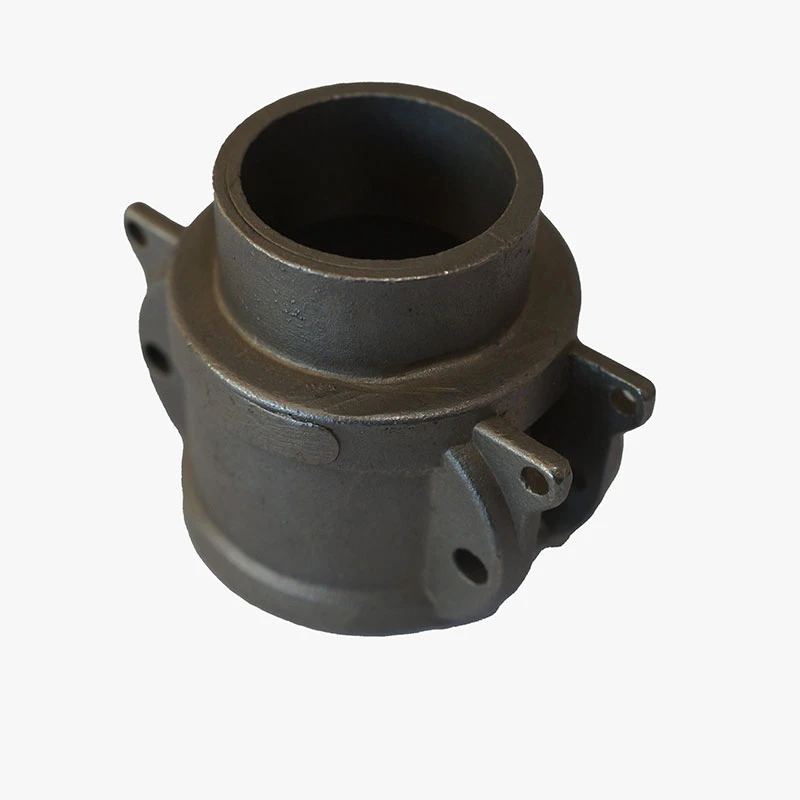Innovative Techniques in Tailored Precision Casting for Superior Quality Components
Custom Precision Casting A Modern Approach to Manufacturing
In today’s rapidly evolving industrial landscape, the demand for precision-engineered components is at an all-time high. From aerospace to automotive and medical devices, industries are increasingly relying on custom precision casting as a key manufacturing process to meet their specific requirements. This article will explore the intricacies of custom precision casting, its benefits, applications, and the future of this innovative fabrication technique.
Understanding Custom Precision Casting
Custom precision casting is a manufacturing process that involves creating intricate metal parts with high dimensional accuracy and superior surface finish. Unlike traditional casting methods, precision casting employs advanced techniques to produce complex shapes that often require little to no machining. This process facilitates the production of components that meet stringent specifications and ensures optimal performance in their respective applications.
The custom aspect of precision casting refers to the ability of manufacturers to tailor the casting process to fit unique specifications provided by clients. From initial design to material selection and final production, custom precision casting allows for extensive customization to ensure that the final product meets the precise needs of the application.
Benefits of Custom Precision Casting
1. High Precision and Accuracy One of the most significant advantages of precision casting is its ability to produce components with tight tolerances. This precision is crucial for applications where even minor deviations can lead to failures or malfunctions.
2. Material Versatility Custom precision casting can accommodate a wide range of materials, including various alloys and metals. This versatility allows manufacturers to choose the most suitable material for their specific application, enhancing performance and longevity.
3. Cost-Effectiveness While the initial setup for custom precision casting may be higher than traditional methods, it often proves to be more cost-effective in the long run. Reduced machining requirements lead to lower production costs and minimized waste, making it an economical choice for producing high-quality components.
4. Reduced Lead Times The innovative techniques used in custom precision casting enable faster production times. Manufacturers can quickly turn around projects, allowing for shorter lead times and greater responsiveness to market demands.
custom precision casting

5. Complex Geometries Custom precision casting excels in producing intricate shapes that are difficult or impossible to achieve with other manufacturing techniques. This capability expands the design possibilities for engineers and product developers.
Applications of Custom Precision Casting
The versatility of custom precision casting makes it suitable for a wide range of industries and applications. For instance, in the aerospace sector, precision castings are used for critical components such as turbine blades and engine housings, where reliability and performance are paramount. In the automotive industry, precision casting is employed to manufacture parts like engine blocks and transmission cases that require exceptional strength and precision.
Additionally, the medical field benefits from custom precision casting for devices and instruments that demand high accuracy and compliance with strict regulatory standards. The ability to produce lightweight, durable, and biocompatible components is essential for the growing medical technology market.
Future of Custom Precision Casting
Looking ahead, the future of custom precision casting is promising. Technological advancements, such as the integration of computer-aided design (CAD) and additive manufacturing (3D printing), are set to further enhance the capabilities of precision casting. This marriage of technologies allows for even more customized solutions and rapid prototyping, ultimately accelerating the development of innovative products.
Furthermore, as industries increasingly prioritize sustainability, precision casting techniques are also evolving to reduce environmental impact. Implementing eco-friendly materials and processes will likely become a focal point for manufacturers aiming to align with global sustainability goals.
Conclusion
Custom precision casting represents a significant advancement in manufacturing, offering a unique blend of accuracy, efficiency, and versatility. As industries continue to seek innovative solutions to meet demanding specifications, the role of custom precision casting will undoubtedly grow, solidifying its position as a cornerstone of modern manufacturing processes. With ongoing technological advancements and a focus on sustainability, the future of custom precision casting is poised to be both dynamic and impactful.
-
Custom Steel Sand Casting Services Precision & Durability GuaranteedNewsApr.29,2025
-
Arise Precision Casting Custom Metal Casting Solutions & ServicesNewsApr.29,2025
-
Sand Casting Guide Definition, Process & High-Quality Sand SuppliesNewsApr.28,2025
-
Premium Alloy Die Casting Manufacturer Aluminium & Zinc SolutionsNewsApr.28,2025
-
Precision Aluminum Die Casting Custom Solutions & Fast TurnaroundNewsApr.27,2025
-
Precision Complex Sand Casting Solutions Durable & Custom DesignsNewsApr.27,2025















